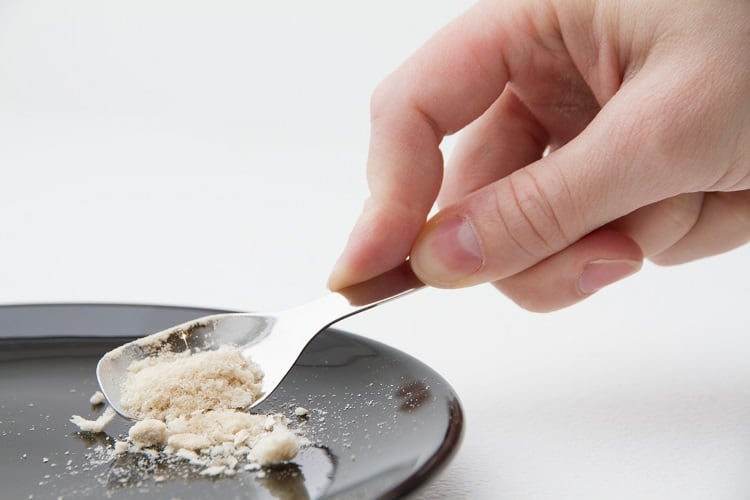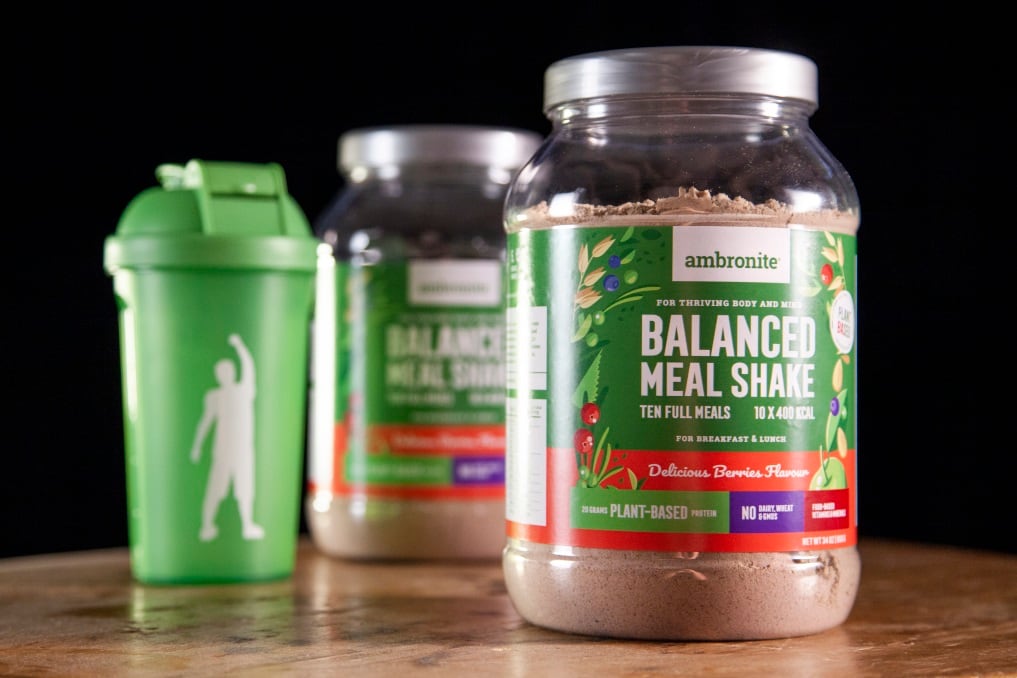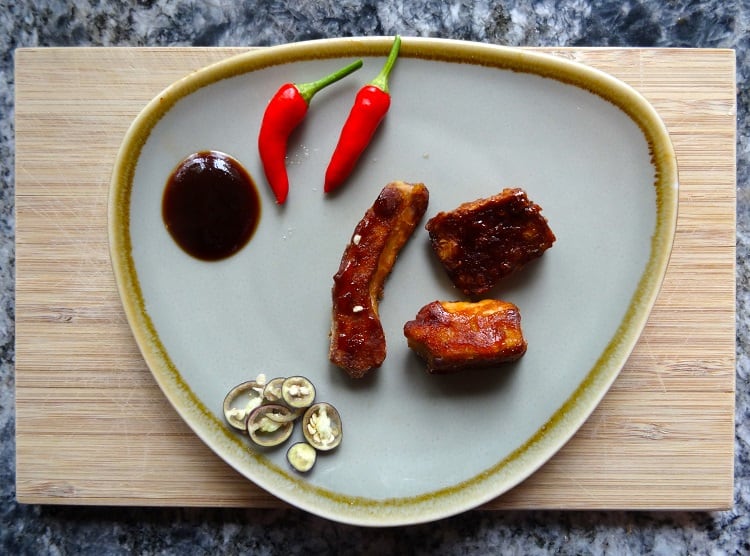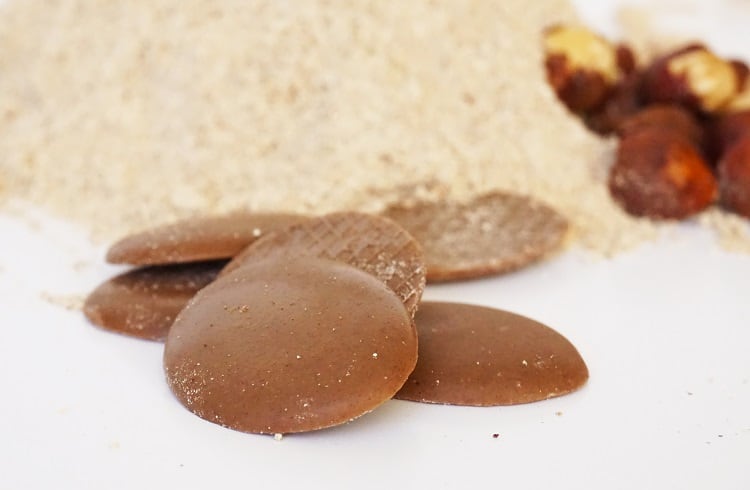Solar Foods is disconnecting food production from agriculture. The Finland-based start-up is using a proprietary organism, carbon dioxide (CO₂), water, and renewable electricity, to manufacture a high-protein ingredient.
Branded ‘Solein’, the ingredient aims to boost sustainable protein content in products such as bread, pasta, yoghurt, and ready meals.
Solar Foods also perceives its innovation as a ‘platform technology’ that could be leveraged by the meat analogue sector.
Once brands such as Beyond Meat and Impossible Foods, for example, scale-up beyond their means, Solar Foods’ CEO and co-founder Pasi Vainikka suggested Solein could help meet their high protein demands. “They need a lot of protein ingredients…[and] we can provide a way for them to disconnect from agriculture,” he told FoodNavigator.
In the future, Solar Foods could also help feed cultured meat cells the ‘amino acid cocktail’ required to produce lab-grown meat, Vainikka continued, to ultimately eliminate dependence on conventional farming systems in the sector.
‘Protein that lasts forever’
Together with five co-founders, Vainikka created Solar Foods in late 2017 as a spin out from Finnish research centre VTT.
The researchers had studied renewable energy alongside bioprocess engineering, and learnt how to make a future energy system carbon neutral. “But we realised that doing all of that is not good enough,” said Vainikka. Coupling these learnings with the acknowledgement that “about one-quarter of the human carbon footprint is due to what we eat”, the co-founders agreed that making food from electricity and CO₂ would prove ‘most valuable’ to the ‘future of food’.
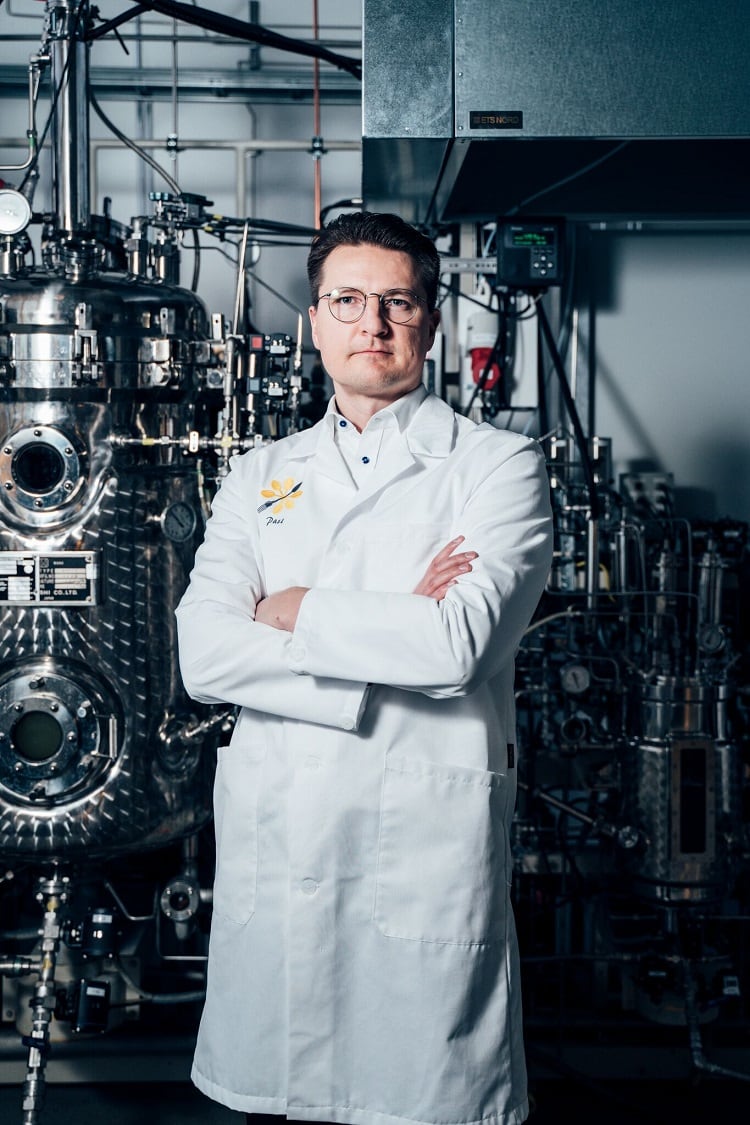
“We thought that making food from CO₂, water captured from the air, and renewable electricity – which is becoming cheaper and cheaper – would make for the most environmentally friendly food there is.
“We could therefore disconnect food production from agriculture, which would then enable scaling without agricultural limitations [such as weather and irrigation],” Vainikka continued.
In this way, Solein has achieved its target. According to Solar Foods, the ingredient is 100 times more climate-friendly than any animal or plant-based alternative, saving on both water and land use.
Whereas 15,000 litres of water are required to produce one kilogram of beef, and 2,500 litres of water are used to produce one kilogram of soy, just 10 litres of water is needed to produce one kilogram of Solein.
In terms of land efficiency, Solein is 10 times more efficient than soy production by a metric of usable protein yields per acre, according to the start-up.
Fermented food for the future
Solar Foods uses CO₂, air and electricity in a fermenting process to make Solein. Vainikka likened the manufacturing process – for the nonprofessional – to wine or beer production.
When making wine, grapes provide the sugar and carbon for the fermentation process. Yeast is then added to convert the sugars into the final alcohol product. Instead of yeast, Solar Foods uses a proprietary organism that is “completely natural” and instead of sugars, this bacteria eats CO₂ and hydrogen for its source of carbon and energy, Vainikka explained.
For the nitrogen element, the company uses ammonia in a water solution. “It is produced from nitrogen in the air already by combining with hydrogen,” Vainikka told this publication. “We can make our own ammonia from the air, as we already produce a lot of hydrogen for the microbes.”
“We feed the bacteria with the CO₂ and hydrogen bubbles [produced using water electrolysis] and it grows and multiplies,” Vainikka continued, adding that the team is currently using hydropower as its electricity source, but “renewable solar or wind energy would also make sense”.
The researchers continually remove liquid from the modified reactors, which it then dries to produce the Solein powder.
Solar Foods is currently producing one kilogram of Solein per day out of its pilot facility.
Natural and nutritious
The start-up claims Solein is “the most natural food” on the planet. “It is completely unmodified and fully natural. We are just using the diversity of life,” said Vainikka.
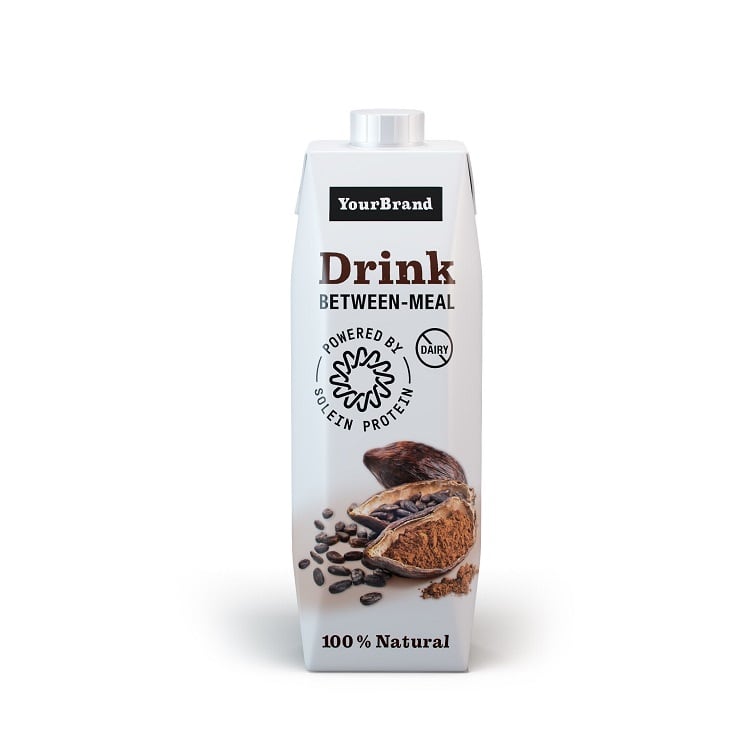
In that respect, the company is not simply targeting vegans, vegetarians or flexitarians, but “anyone who feels that the product is good. And even meat lovers could think that.
“[We are targeting] environmentally cautious forerunners who are interested in healthy, sustainable diets.”
In its dry powered format, Vainikka compared Solein’s nutritional profile to that of soy, algae, or some animal-based proteins. It contains 50% protein with all the essential amino acids, 5-10% fat, 20-25% carbohydrates, as well as Vitamin B.
In terms of taste and appearance, the powder has been likened to wheat flour. Yet Vainikka said Solein “doesn’t have a taste” and in fact Solar Foods’ objective is for the ingredient to have a neutral organoleptic profile. “The taste will be made in the final application, whether you make an ice cream, a plant-based meat alternative, bread, or pasta.”
There is, however, a slight umami or savoury taste, he explained, that increases the perception of ‘fullness’ in foods. “When you add it to pancakes, for example, you may think there were eggs in the [mixture], yet it would be completely vegan.”
Solar Foods is currently testing Solein in a wide variety of food applications, from ice-cream to meat analogues, and plans to enter the market with food producing partners.
In the meantime, the start-up is generating data for its EU novel food application, and estimates commercialisation will kick off in 2021.


